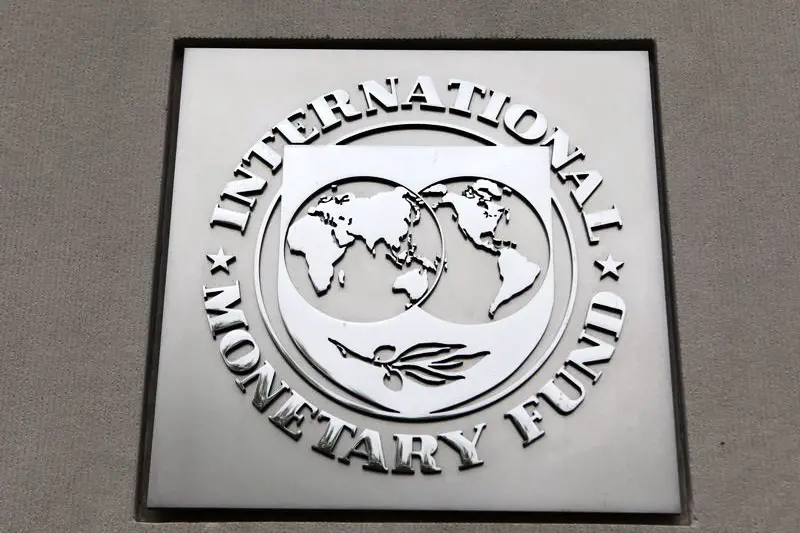PHOTO
Tuesday, Aug 04, 2015
Dubai: The International Monetary Fund (IMF) has recommended a host of measures such as spending cuts, taxation and structural reforms to improve the long term sustainability of the UAE’s public finances in the context of decline in oil prices.
The IMF which recently concluded its Article IV Consultation paper in discussions with the UAE authorities have recommended fiscal reforms including expenditure cuts and diversification of government revenues.
The Fund officials lauded the fiscal consolidation efforts of the UAE, including recent energy subsidy reforms. The IMF said the macroeconomic policy mix should focus on gradual fiscal consolidation.
While fiscal consolidation requires spending cuts, the IMF has warned that the quality of spending cuts is crucial to avoid damaging the country’s competitiveness and long-term growth prospects.
Budget processes
The IMF has also recommended taxation, an effective fiscal policy option to raise more non-hydrocarbon revenues. “Fiscal policy implementation requires further strengthening annual budget processes, including strong Public Finance Management Systems. Close oversight and continued strengthening of debt management frameworks are crucial,” said ,” said Zeine Zeidane, Advisor, Middle East and Central Asia Department.
Along with fiscal and monetary policy adjustments to deal with the current economic conditions, the IMF has recommended effective structural reforms focused on diversification of the economy. According to the Fund’s recommendations, these reforms could focus on further opening up foreign direct investment, improving selected areas of the business environment, and easing access to finance for startups and small and medium enterprises.
By Babu Das Augustine Banking Editor
Gulf News 2015. All rights reserved.





















